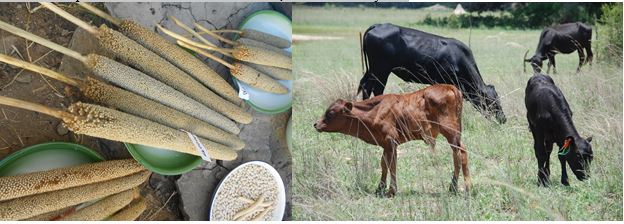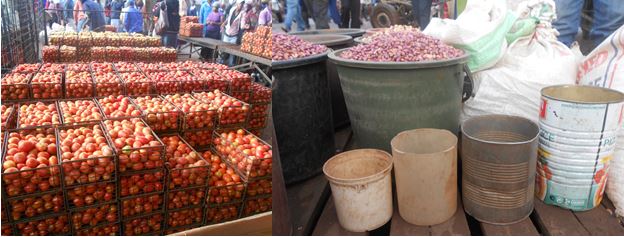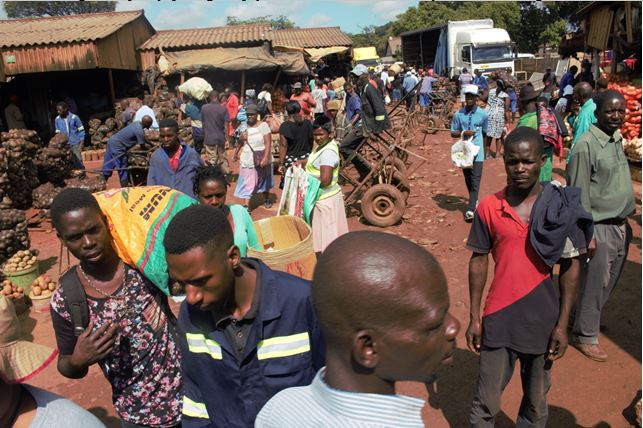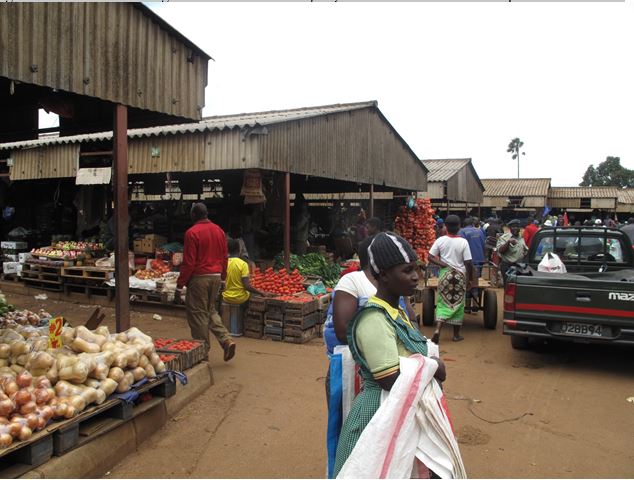From academic and scientific research to commercial and social viability
When academic and scientific research came into African economies, communities were already surviving on Indigenous Knowledge Systems (IKS). In agriculture, for instance, a long tradition of seed selection, multiplication, retention and preservation exists up to today. Conservation Agriculture and other related forms of knowledge have also been part of community assets since time immemorial. The Read more about From academic and scientific research to commercial and social viability[…]










